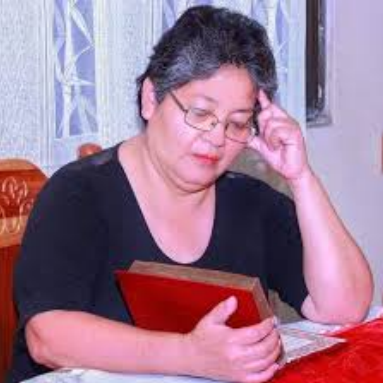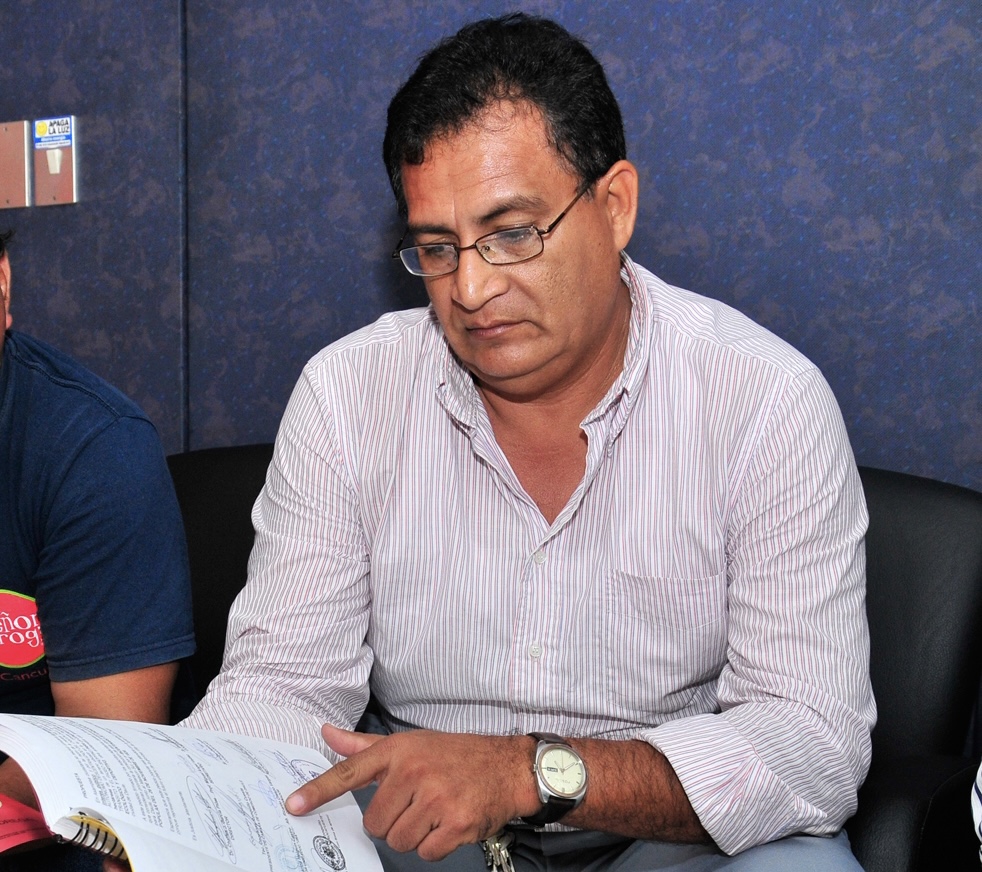Maria Cecilia Corella Ramírez (Daule, September 9, 1967) is an Ecuadorian writer, poet, and cultural promoter. She has authored five books: “Poesías amatorias,” “Poemas Corellanos,” “La voz de los Daulis,” “Versos caminantes,” and “Daulis.” From 1985 to 2015, she was the editor of La Voz de los Daulis, a literary, historical, and cultural magazine. She hosts a local cultural TV show Viernes de Cultura y literatura on DV Daule Vision. She is presently the president of the Corporación Cultural Daule, whose cultural event, Sofá Cultural, aims to promote Daule’s literature, dance, music, and other local art forms. She is a member of the World Hispanic Union of Writers and the Union of Writers and Artists of Tarija.
Continue reading “Maria Cecilia Corella”Category: Writers from Daule
Charles J. García Plúas
Dr. Charles J. García Plúas (Daule, 1964 – April 5, 2020) was an Ecuadorian writer, editor, biographer, historian, professor, researcher, and cultural promoter. He was a Language and Spanish professor with a doctorate in Education Sciences. He belonged to various cultural organizations in Ecuador. He authored over twenty books that narrate the history of towns settled on the banks of the Daule River, including Balzar, Colimes, Santa Lucía and others. He served as the Subdirector of Culture and Education of the Municipality of the Daule canton. In 2020, the Guayas chapter of the House of Ecuadorian Culture named a virtual festival in his honor. In 2021, the new Municipal Cultural Center (Centro Municipal de Cultura) of Daule, a three-story building which will house a museum, library, and more, was named “Dr. Charles García Plúas.”
Continue reading “Charles J. García Plúas”Etelvina Carbo Plaza
Etelvina Carbo Plaza (Daule, Ecuador, March 18, 1834 – Lima, Peru, March 22, 1902) was an Ecuadorian poet known for her contributions to Romantic poetry. Raised in an intellectual environment, she began writing poetry as a teenager, focusing on themes of love, patriotism, and devotion to God. Her work reflected personal and political struggles, particularly influenced by her family’s exile due to political upheaval. Some of her notable poems include Las Flores de mi Jardín and La Partida. Despite not gaining widespread recognition during her lifetime, she posthumously became a significant figure in Ecuadorian literature, with schools and literary societies established in her name. Her poetry remains a testament to 19th-century Ecuadorian Romanticism.
Continue reading “Etelvina Carbo Plaza”

